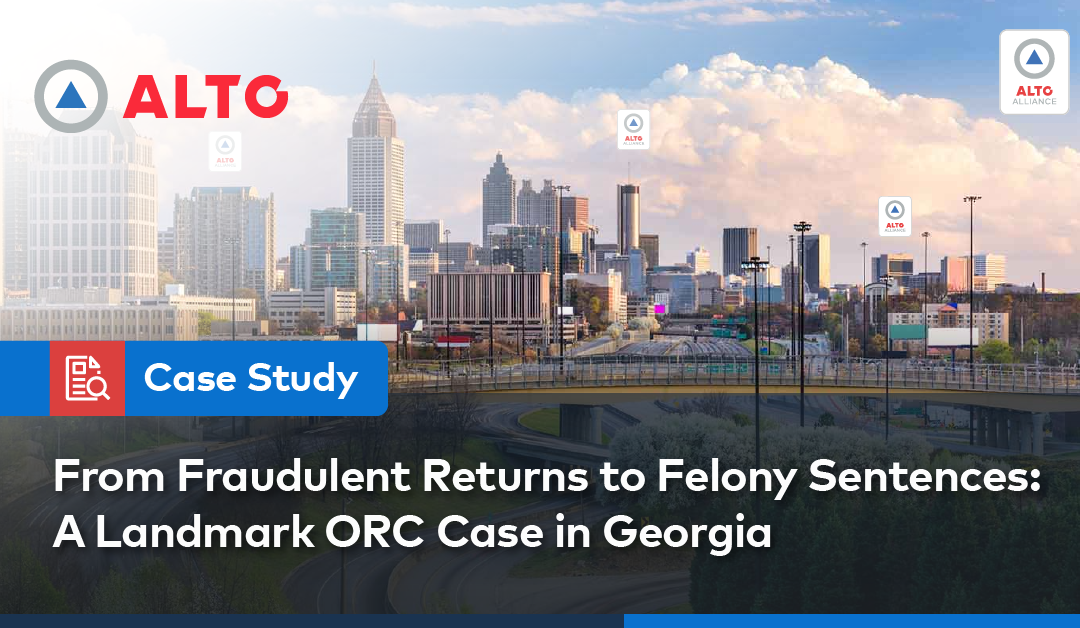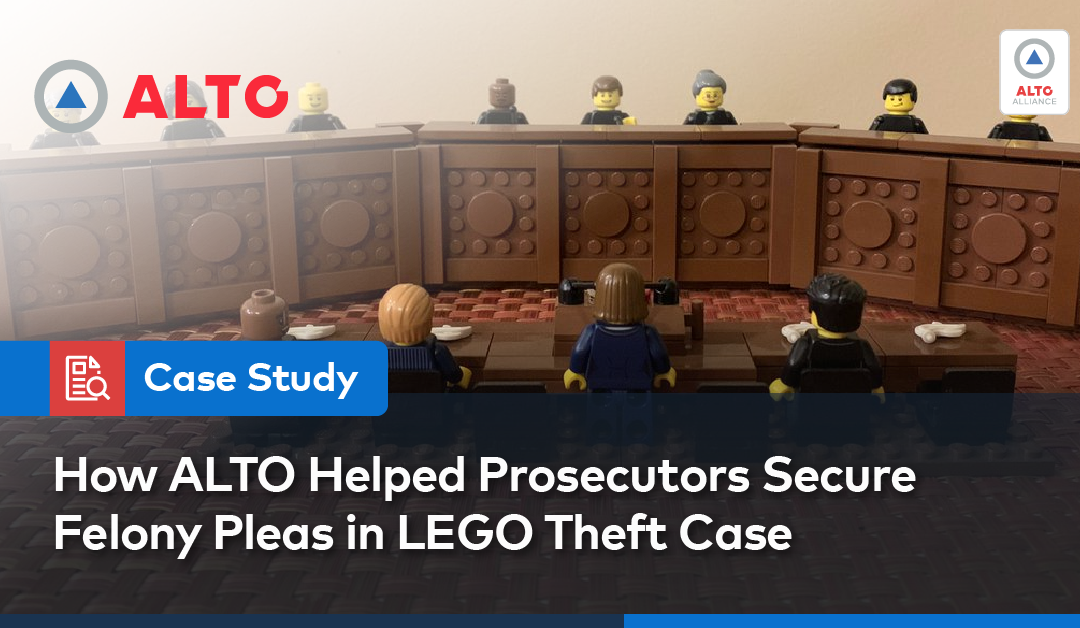“I don’t know. This is just a corporate victim,” the prosecutor tells me before court.
I had just asked her for the conditions of bond to have an order restricting the defendant from returning to the store. “I have other cases to deal with today. You know, real victims.”
I knew she was trying to be as helpful as she could with such a frenetic docket. However, time and time again, I hear this in court.
I can’t say I totally blame her opinion, as I had a similar view before I started this job. But my experiences since have opened my eyes.
The complex network of retail crime
When I interviewed Commander Charlie Anderson of the Saint Paul Police (SPD) in August specifically for this article, he shed light on the varying nature of boosters (career offenders involved in larger underground operations). Not all boosters are alike, he emphasized.
Com. Anderson, a former Executive Director of the Minnesota Organized Retail Crime Association, played a crucial role in drafting Minnesota’s new organized retail crime (ORC) bill (Minn. Stat. § 609.522), effective since August 1, 2023.
He delineated two types of boosters—the local booster often struggling to make ends meet, and the more diverse and organized group using online platforms or customer networks to resell stolen items.
This proliferation of retail crime can be connected with various other offenses, from narcotics and firearms crimes to human trafficking. “Sure, in our stores we have seen stolen candy bars,” says Com. Anderson, “but we have also seen armed robberies and the more organized booster selling online.”
These boosters continue to take items from stores every day by the armful and basketful. The continuous drip of retail theft, coupled with violent robberies and verbal threats, significantly wear down the wellbeing and morale of store associates.
Reducing retail crime isn’t just about inventory loss—it’s about protecting those who spend a substantial part of their lives at work, facing threats to their safety while making an honest living. The defendant is often part of a larger, dangerous structure that isn’t always evident in courts, and impacts the everyday lives of real people.
Not simply a corporate victim.
Unveiling Minnesota’s game-changing ORC bill
Unbeknownst to the prosecutors I work with daily, a dedicated team, including Com. Anderson, worked tirelessly for five years to craft Minnesota’s ORC bill. Originating as a modest asset protection partnership in St. Paul, it evolved into one of the tightest state laws to mitigate ORC.
Com. Anderson’s journey began in 2011, shaping the SPD’s ORC unit in 2013. The existing theft statute at the time was inadequate, leading to the Commander and his group pushing for a change that culminated in the new bill, effective from August 1, 2023 (Minn. Stat. § 609.52). The former approach demanded tremendous effort to coordinate paper trails across multiple jurisdictions. Com. Anderson’s group realized the viability of a stand-alone bill to mitigate ORC.
New ORC bill takes center stage
Com. Anderson’s team worked for five years to carefully draft the bill. “The most important part is delineating – in the mind of the legal system – the difference between shoplifting itself and organized retail crime,” he rightfully states about the bill.
Securing Bruce Newstead of the Minnesota Retailers Association as a sponsor was a pivotal move in setting the stage for success.
In the end, they achieved a strong bill defining organized retail crime in Minnesota. The bill’s specific language addresses the resale of stolen merchandise, enhances penalties for boosters and fencers, increases the minimum aggregate amount for felony theft, and facilitates the arrest and prosecution of repeat offenders contributing to consistent inventory loss and low employee morale.
Implementation is the next phase for Minnesota, and we are only just starting to see how law enforcement, judges and prosecutors apply the new law. “There is a dearth of knowledge by law enforcement, by prosecutors and by judges about this problem.” Com. Anderson relays. “We as an industry need to constantly tell the story about why this matters.”
We need to tell the story of how this is not just a corporate victim. A story we now have help with telling in our stores, to the prosecutors and in court, thanks to the hard work of Com. Anderson, his group, and partnership with ALTO.
Legal advocacy for a safer future
As an ALTO Staff Attorney, my role has been pivotal in providing essential legal guidance and advocacy. I’ve witnessed our team’s unwavering dedication in navigating complex legal landscapes while upholding the highest ethical standards. This commitment reinforces the trust our partners and clients place in us.
As our journey toward a safer future continues, I am honored to be part of this mission and look forward to the challenges and successes that lie ahead.
Sommer is an ALTO Staff Attorney based in the Minneapolis, MN area.
Learn more about the role of our legal experts in ALTO’s safety solution.



